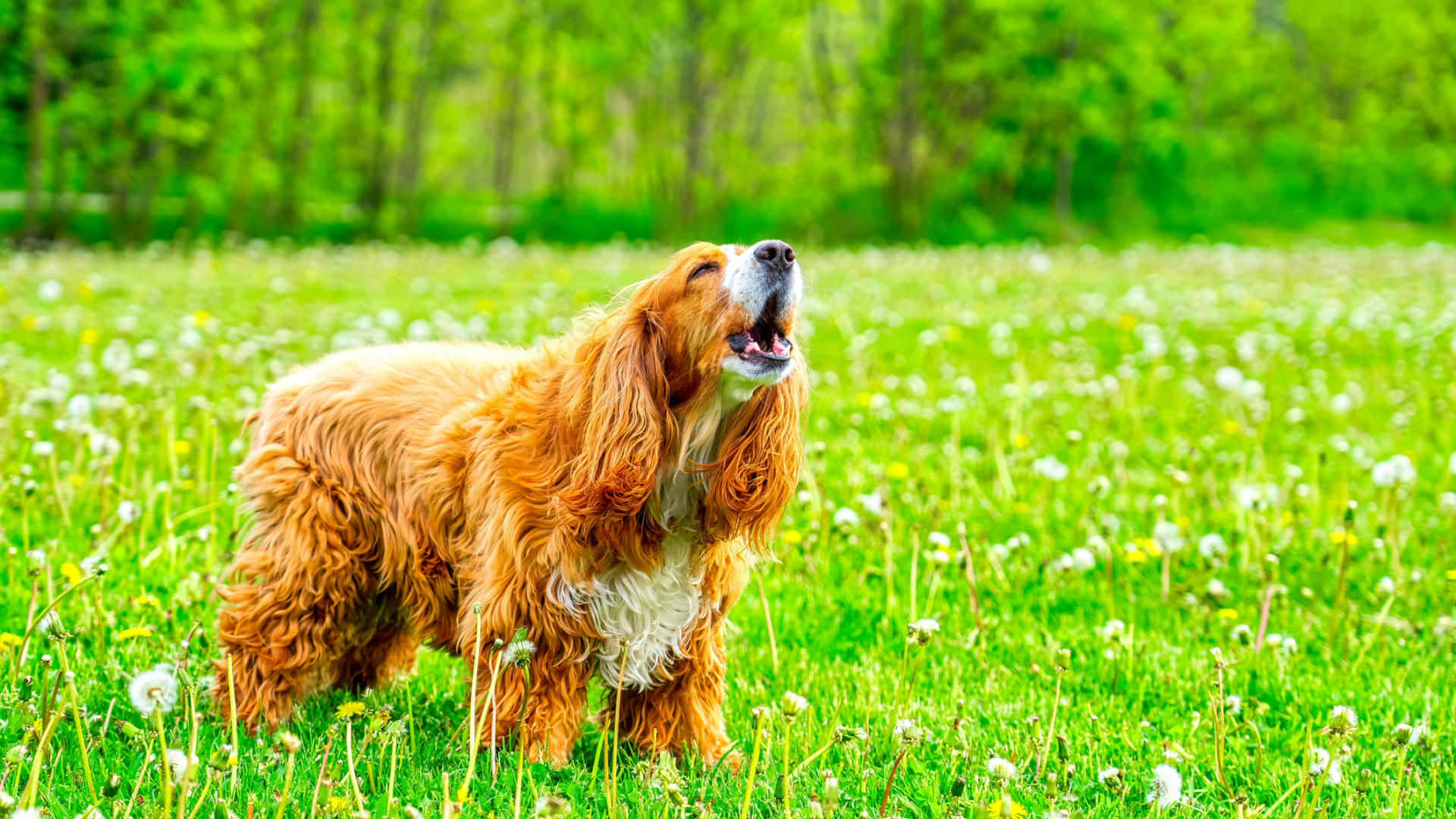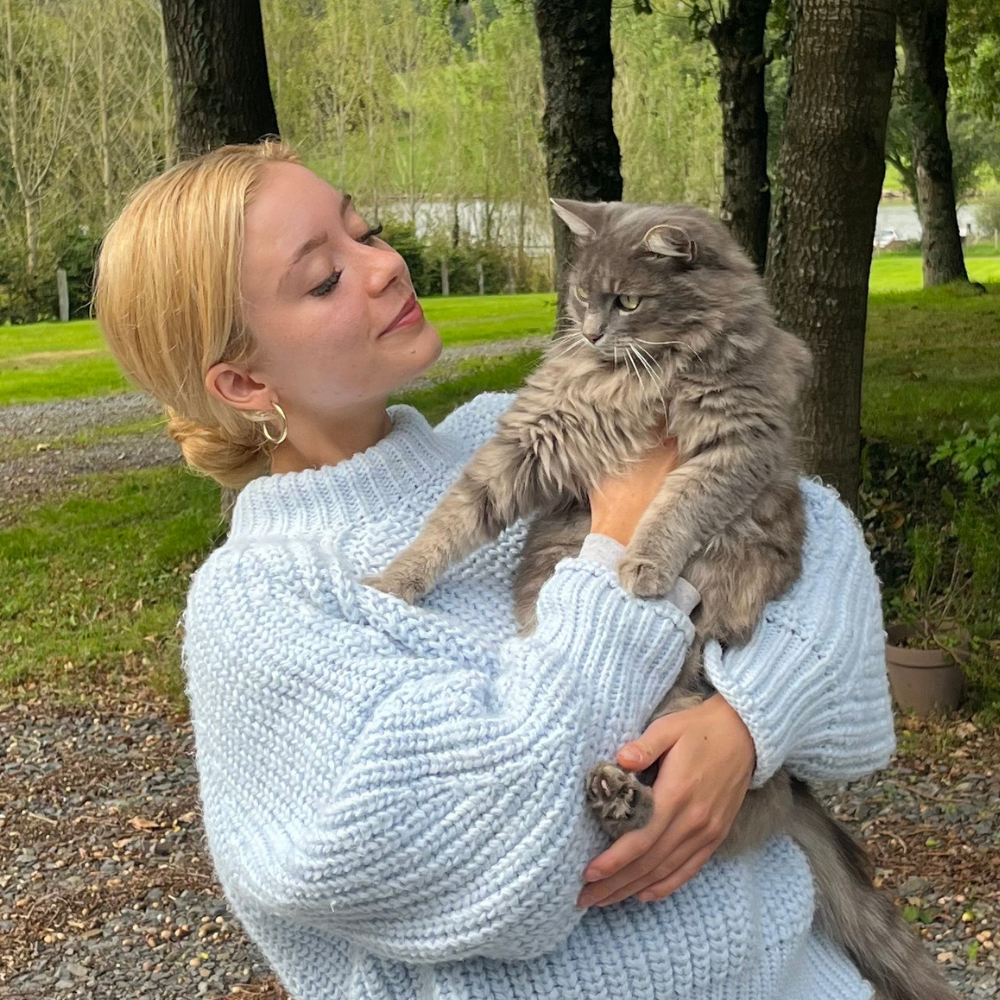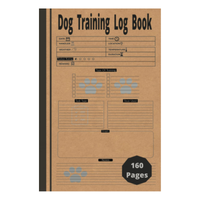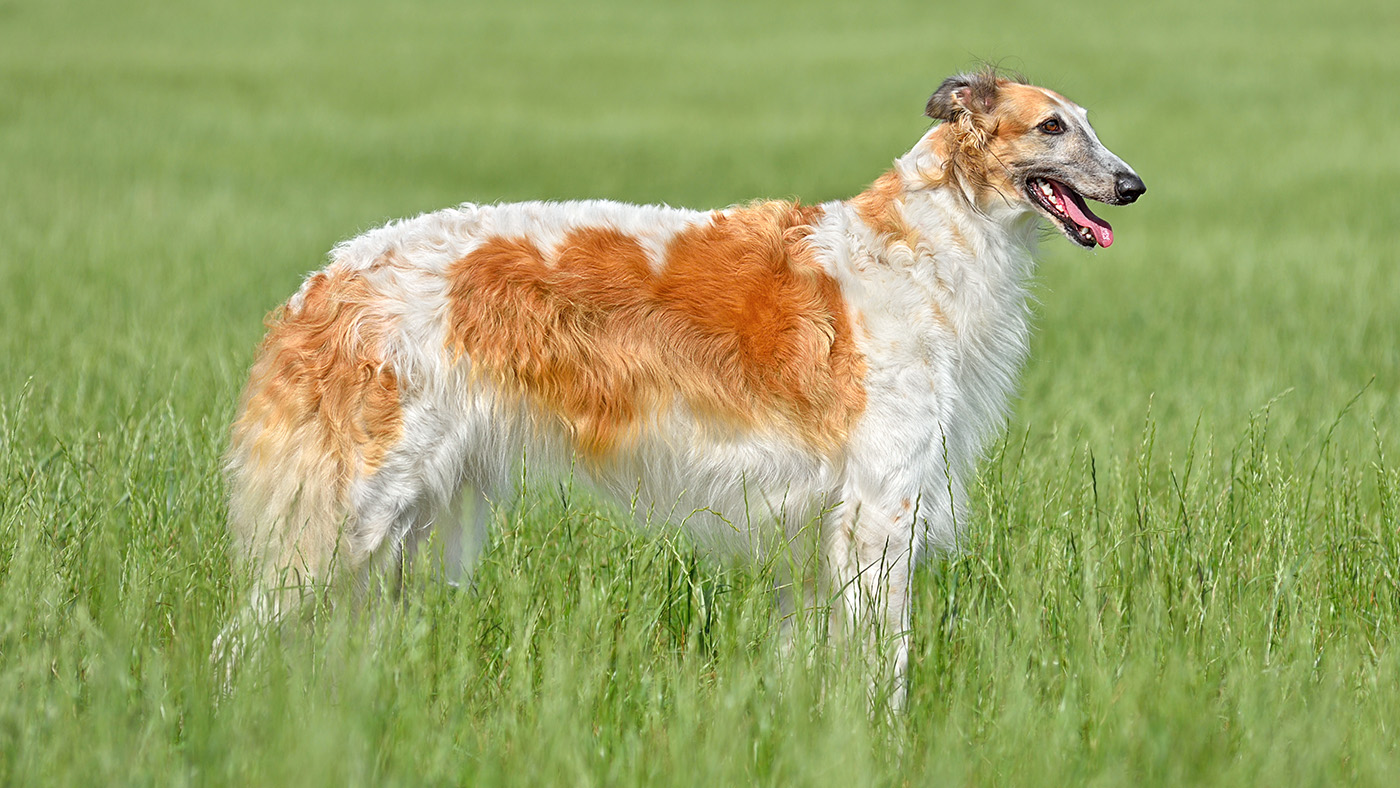Got a reactive dog? Expert reveals 3 training tips that will help you
Put a stop to your dog’s reactivity with these training tips from an expert.

If you have a reactive dog, then you might find their behavior a little challenging to deal with at times - especially when it comes to walks or interacting with other dogs.
When you're just getting started on your training journey, you'll want to stock up on the best dog treats to reward your pooch's good behavior with. Our feature on positive reinforcement for dogs is also a good place to start.
You might feel worried about your dog's reactive behavior and a little stuck on how to move forward. But, be assured that it's a very common problem that many pet parents face. There are lots of solutions out there and you're not alone in finding the one that works best for you.
If you want to nail the basics of reactivity training, dog behaviorist Amelia Steele shared three brilliant tips in her recent Instagram video. The advice came from her reactivity program and are definitely worth a go. Here's what she had to say:
A post shared by Amelia Steele (@ameliathedogtrainer)
A photo posted by on
1. Understand your dog
Amelia says that if you want to train a reactive dog, then it's important to understand why they're reactive.
She says: "Remember that training is always best when we’re coming from a position of empathy rather than frustration."
PetsRadar Newsletter
Get the best advice, tips and top tech for your beloved Pets
Some things you might want to consider include: are they in pain? Are they feeling anxious? What's their environment like? Reactivity can also be a result of your dog's genetics and their past experiences. Amelia says that once you have an insight into how their brain works, it will help you with training.
If you're unsure what breed your dog is, then you can use the best dog DNA test to find out. This can help you to identify common traits and whether this is linked to their reactive behavior. Or if you think your pooch is in physical discomfort, here are 10 signs a dog is in pain.
2. Have a good management system
Amelia explains that you need to have a good management system to train a reactive dog.
She says: "This means that you need to be able to prevent reactions before they happen, understand how to bring your dog out of a reaction and how to bounce back again if your dog does react something which is always going to happen."
To prevent reactive behavior, it's important to think ahead and try to avoid their triggers. This depends on the individual dog, which is another reason why tip #1 is so important. If you want to learn more about how to calm a reactive dog, this feature has some good advice.
3. Setting goals
Amelia says that you need to understand how to set goals and that it's key to track your progress. Otherwise, it can be "really difficult to move forwards".
You might think that your goals should be about your dog, but Amelia says it should actually be the other way round. She explains that by setting goals for yourself, it makes training feel more achievable as it's something that you can actually action (in contrast to your dog's behavior which isn't something you can always control).
When it comes to setting goals, it's crucial to track your progress. This handy log book contains all the prompts you need, keeping your notes neat, tidy and consistent.
Want more training tips like this? Check out these features from a real owner: My reactive dog impacted my entire household, here's what I did about it and owning a reactive dog is hard. Here's how I navigated the social challenges with my pooch.

Megan is a Staff Writer at PetsRadar, covering features, reviews, deals, and buying guides. She has a wealth of experience caring for animals, having grown up with dogs, cats, horses, guinea pigs, and more throughout her life. She studied BA Journalism at the University of Westminster, where she specialized in lifestyle journalism and was editor of Smoke Radio’s lifestyle website. Megan works alongside qualified vets and accredited trainers to ensure you get the best advice possible. She is passionate about finding accurate and helpful answers to your pet-related questions.

